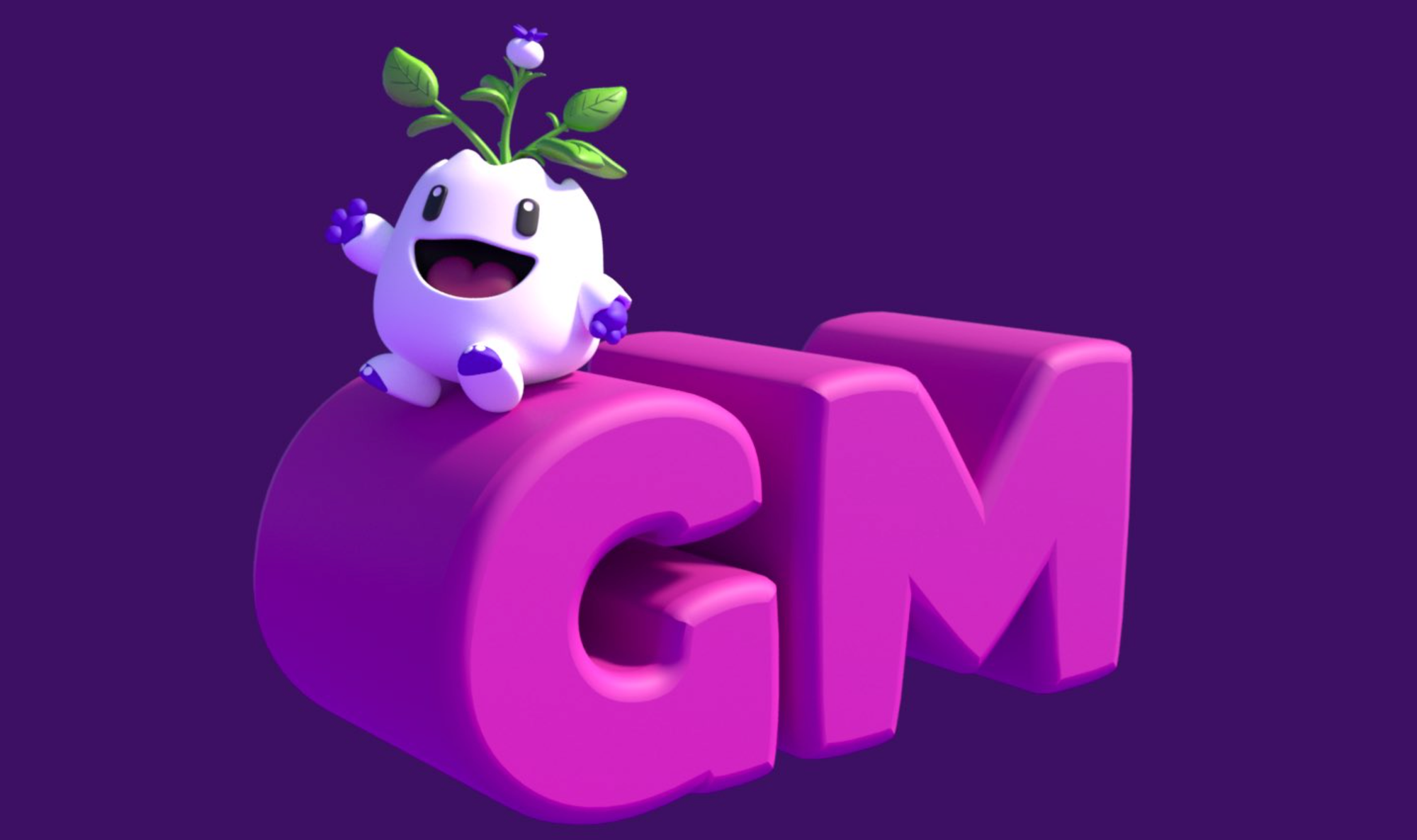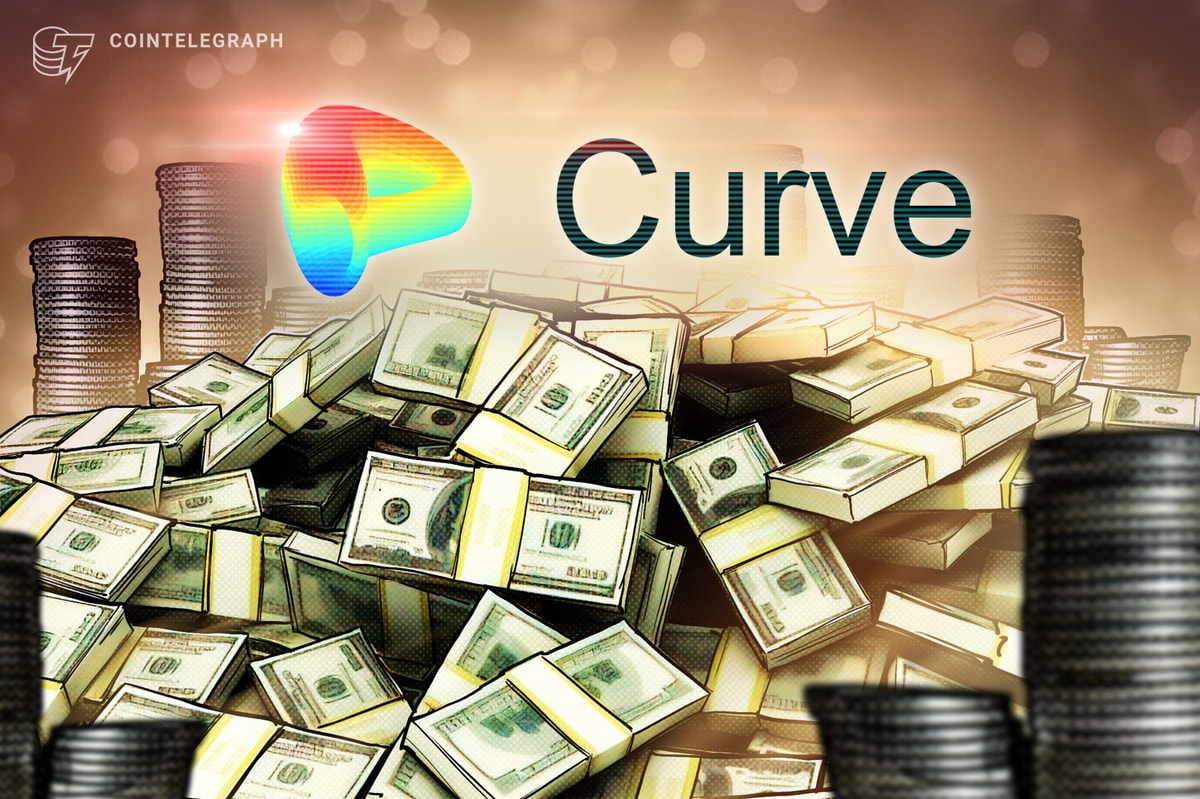If you look across the NFT landscape, four blockchains dominate volume-wise: Ethereum, Bitcoin, Solana, and Polygon.
Yet currently, there’s only one NFT marketplace that offers direct support for all four of these chains: Magic Eden.
Magic Eden started as the home of Solana NFT trading since it has made significant inroads to a multi-chain evolution. For example, the marketplace’s team quickly rolled out support for Inscriptions-style Bitcoin NFTs when they burst onto the scene earlier this year, and now the platform is one of the top hubs for trading them.
More recently, Magic Eden made waves in announcing a partnership with Yuga Labs, the creators of the Bored Ape Yacht Club (BAYC) collection, to launch its revamped, royalties-friendly Ethereum marketplace.
The move comes as Yuga — whose universe of projects (e.g., Mutant Apes, CryptoPunks, Meebits, the Otherside, etc.) have dominated the entire NFT ecosystem’s volume charts for a long time now — has been doubling down on divorcing itself from NFT marketplace giant OpenSea over the marketplace’s backsliding on creator royalties.
That schism has provided a massive opening for Magic Eden. If the platform becomes the go-to place for buying and selling Yuga IP in the future, it’s likely more than a few other notable collections that will make the leap over, too.
If Magic Eden capitalizes here and keeps leveling up, it can go from being a good multi-chain NFT marketplace to an actual contender against the current majors: Blur and OpenSea.
We’ll have to see if they can pull it off. In the meantime, it’s worth getting acquainted with the basics of the platform, especially if you’re a multi-chain NFTer, in case it keeps rising and does become one of the major marketplaces.
That said, Magic Eden’s Ethereum marketplace is still on the verge of being relaunched. If you want to explore the platform right now, your options are currently its Bitcoin, Solana, and Polygon markets.
If Bitcoin NFTs have your eye, remember that Magic Eden supports the Leather (Hiro), UniSat, and Xverse wallets. On the Ethereum/Polygon side of things, MetaMask, Coinbase Wallet, and WalletConnect.
As for Solana, Magic Eden recommends connecting with Phantom, the most popular Solana wallet today. Notably, Phantom supports Ethereum and Polygon, too, so once the Ethereum marketplace is relaunched, it’ll be possible to use this wallet to trade directly on three of Magic Eden’s four supported chains.
Once you’re signed in with your wallet of choice, you can surf around and look for potential NFT pickups. The “Discover” tab lets you sort by popular collections, and the “Mint” tab enables you to search through open drops, inscribe your own Bitcoin NFTs, etc.
Here, it’s also worth remembering that Magic Eden just kicked off a rewards program, so if you decide to try the platform, you can consider opting in through your account drop-down menu. This is something to think about, as the rewards can include NFT loot boxes, transaction discounts, and beyond.
All in all, Magic Eden has strategically positioned itself well in the multi-chain NFT marketplace arena so far. Still, ultimately, its success will hinge on its ability to maintain this momentum and continue being nimble in a sector that’s ever-changing and incredibly competitive at the top.
Whether the platform will rise to become a leader among the major NFT marketplaces remains to be seen, but its current trajectory suggests a promising future!
Read More: www.bankless.com









 Bitcoin
Bitcoin  Ethereum
Ethereum  Tether
Tether  XRP
XRP  Solana
Solana  USDC
USDC  Dogecoin
Dogecoin  Cardano
Cardano  TRON
TRON  Lido Staked Ether
Lido Staked Ether  Wrapped Bitcoin
Wrapped Bitcoin  Toncoin
Toncoin  LEO Token
LEO Token  Chainlink
Chainlink  Stellar
Stellar  USDS
USDS  Wrapped stETH
Wrapped stETH  Avalanche
Avalanche  Sui
Sui  Shiba Inu
Shiba Inu  Hedera
Hedera  Litecoin
Litecoin  Polkadot
Polkadot  MANTRA
MANTRA  Bitcoin Cash
Bitcoin Cash  Bitget Token
Bitget Token  Ethena USDe
Ethena USDe  WETH
WETH  Binance Bridged USDT (BNB Smart Chain)
Binance Bridged USDT (BNB Smart Chain)  Pi Network
Pi Network  Wrapped eETH
Wrapped eETH  Hyperliquid
Hyperliquid  WhiteBIT Coin
WhiteBIT Coin  Monero
Monero  Uniswap
Uniswap  Aptos
Aptos  Dai
Dai  Pepe
Pepe  NEAR Protocol
NEAR Protocol  sUSDS
sUSDS  OKB
OKB  Coinbase Wrapped BTC
Coinbase Wrapped BTC  Gate
Gate  Tokenize Xchange
Tokenize Xchange  Cronos
Cronos  Mantle
Mantle  Ondo
Ondo  Ethereum Classic
Ethereum Classic